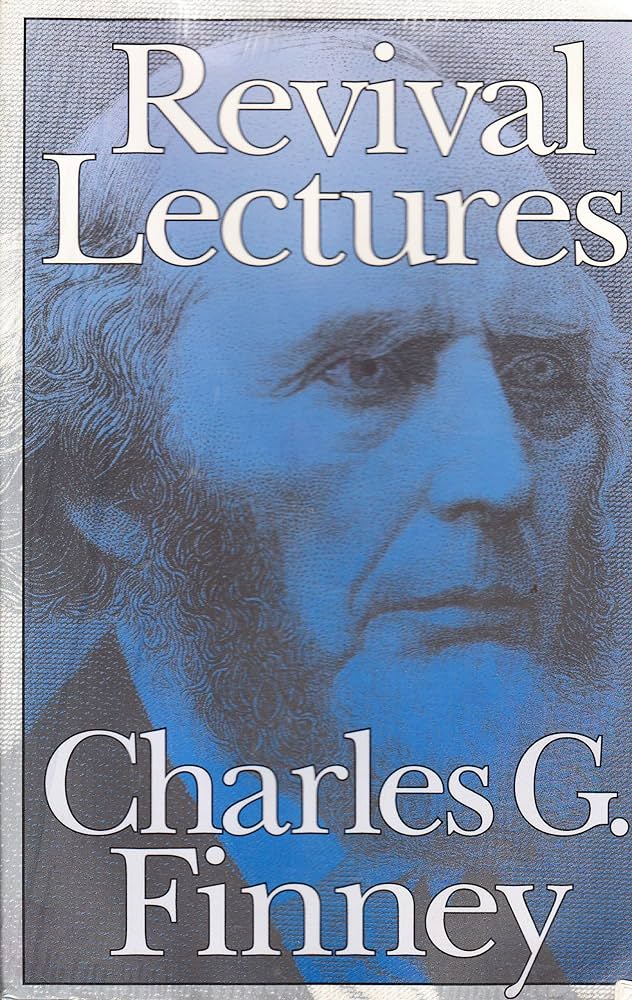
Revival Lectures
O Lord, revive Thy work in the midst of the years, in the midst of the years make known; will wrath remember mercy. - Habakkuk 3:2. It is supposed that the prophet Habakkuk was contemporary with Jeremiah, and that this prophecy was uttered in anticipation of the Babylonish captivity. Looking at the judgments which were speedily to come upon his nation, the soul of the prophet was wrought up to an agony, and he cried out in his distress: "O Lord, revive Thy work." As if he had said: "O Lord, grant that Thy judgments may not make Israel desolate. In the midst of these awful years let the judgments of God be made the means of reviving religion among us. In wrath remember mercy." Religion is the work of man. It is something for man to do. It consists in obeying God. It is man's duty. It is true God induces him to do it. He influences him by His Spirit, because of his great wickedness and reluctance to obey. If it were not necessary for God to influence men, if men were disposed to obey God, there would be no occasion to pray: "O Lord, revive Thy work." The ground of necessity for such a prayer is that men are wholly indisposed to obey; and unless God interpose the influence of His Spirit, not a man on earth will ever obey the commands of God. A "Revival of Religion" presupposes a declension. Almost all the religion in the world has been produced by revivals. God has found it necessary to take advantage of the excitability there is in mankind, to produce powerful excitements among them, before He can lead them to obey. Men are so sluggish, there are so many things to lead their minds off from religion and to oppose the influence of the Gospel, that it is necessary to raise an excitement among them, till the tide rises so high as to sweep away the opposing obstacles. They must be so aroused that they will break over these counteracting influences, before they will obey God.

